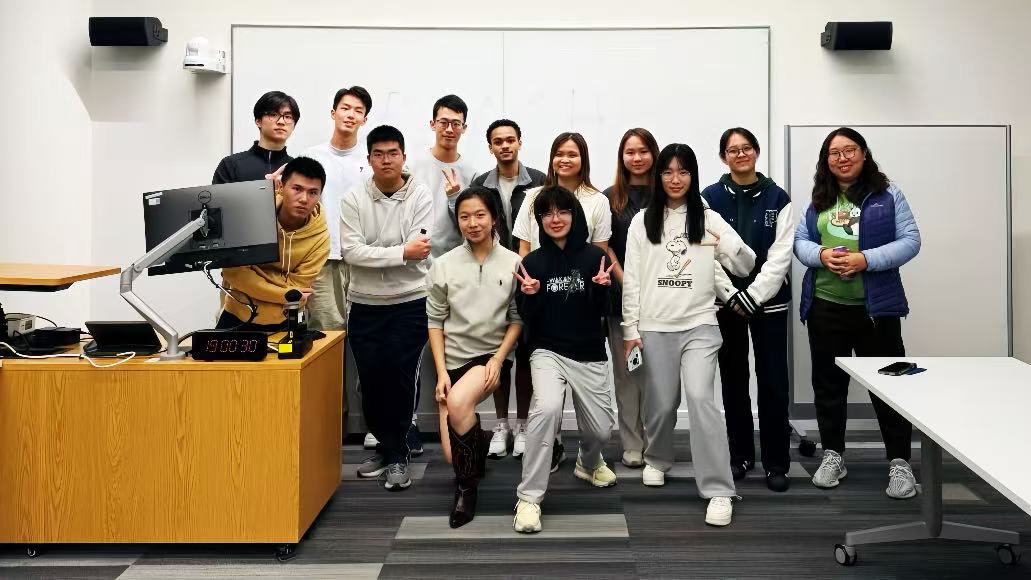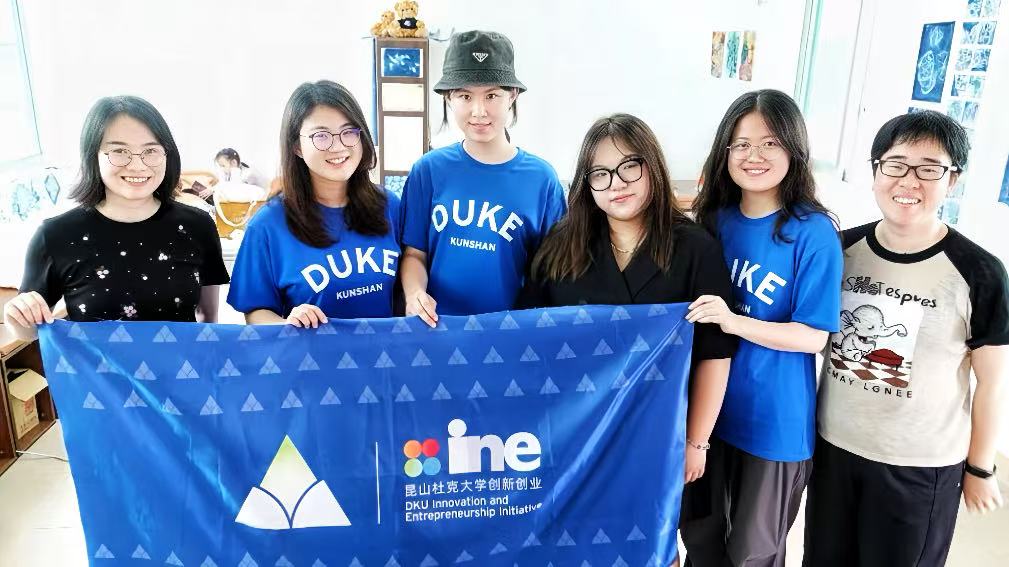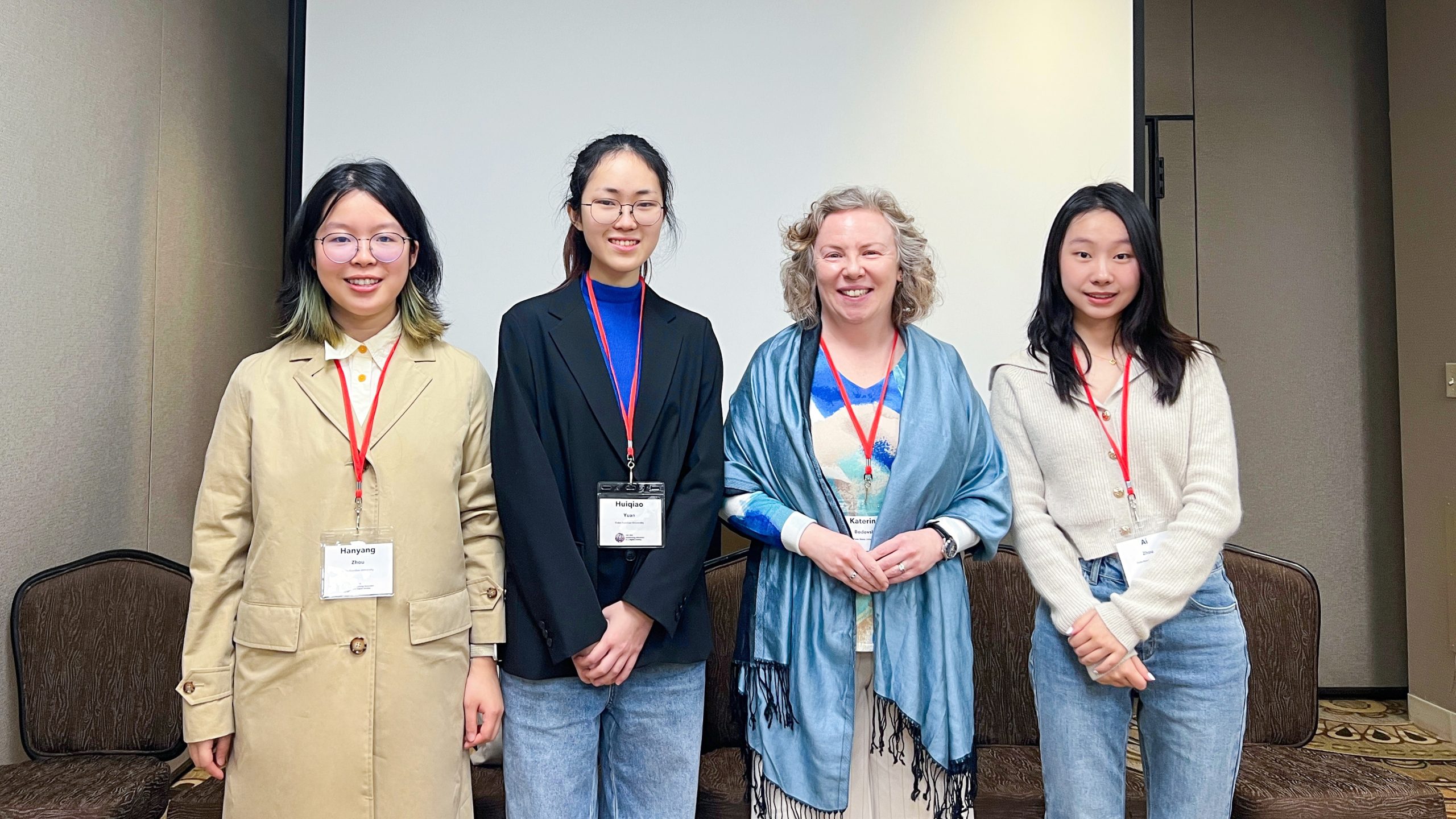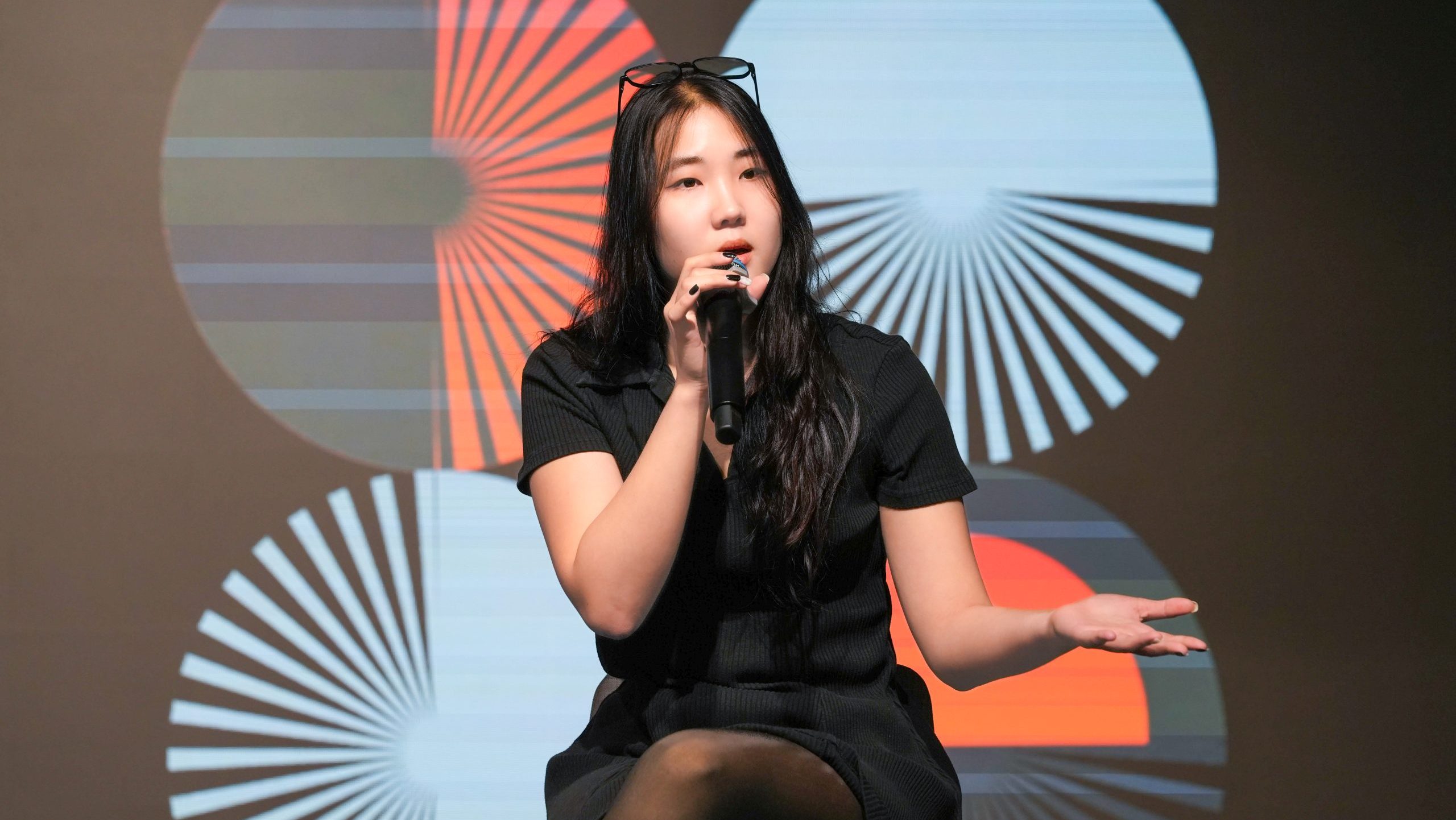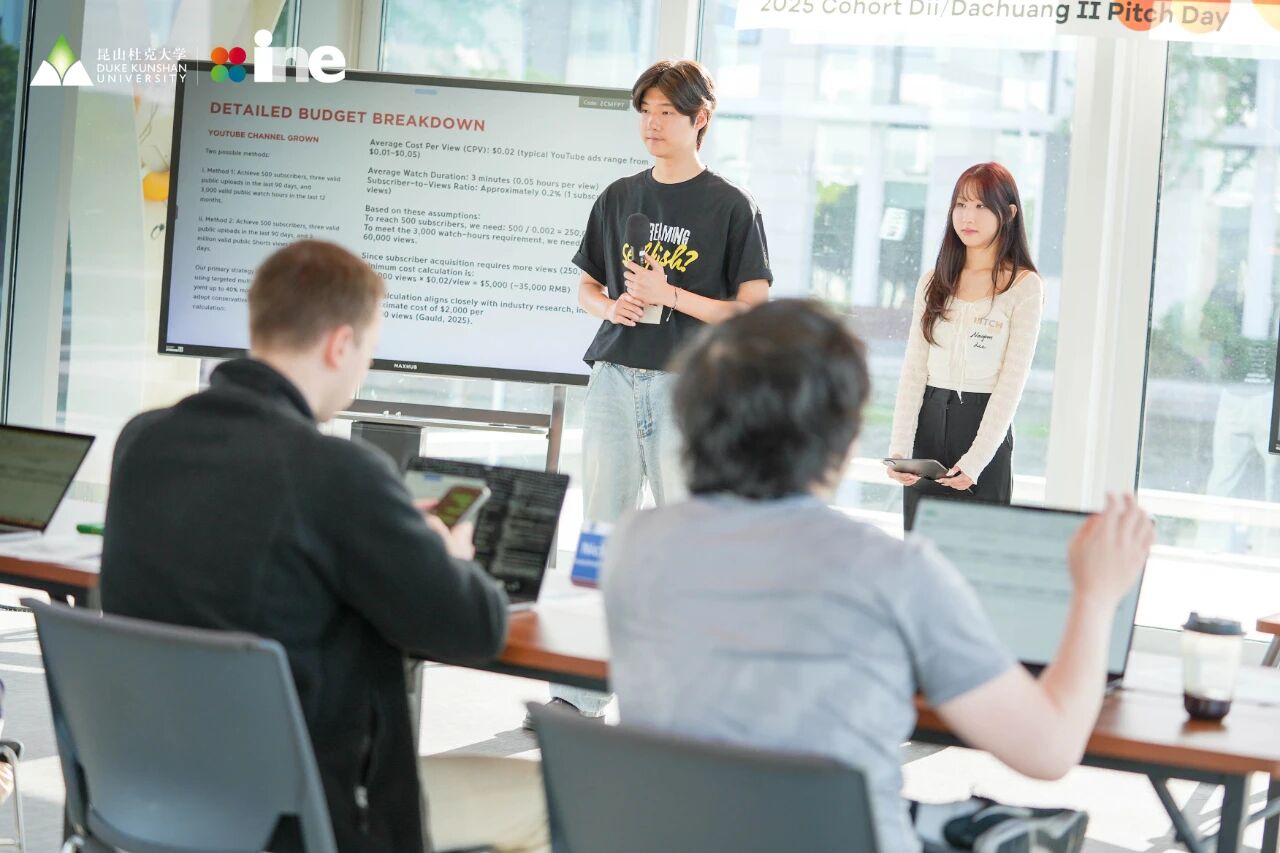The selection of new teams for the 2022 College Student Innovation and Entrepreneurship Training Program (from now on referred to as “Dachuang”) ended successfully in June. The sudden outbreak of COVID-19 has not affected the DKUer’s enthusiasm to participate in Dachuang, where plenty of innovative projects have been raised. Despite the lockdown, many innovative projects have been brought to Dachuang this year. Let us take a look at the selected projects this year!
Dachuang Finalist
1. Innovative Training Projects (key projects):
SHOUPA
An Environmental Pollution Analysis Tool Based on Synthetic Biology Technology
Gut Guard
2. Entrepreneurial Practice Projects (key projects):
Petnetic
Hear-AT
3. Entrepreneurship Training Projects (key projects):
Psychology Garage
4. Innovative Training Projects:
One Health (National ITP)
Glia Girls (National ITP)
AxBrain
5. Entrepreneurial Practice Projects:
Roomie
PF
6. Entrepreneurship Training Projects:
Hezhongting Hospice Care
Live in China
i-Diagnosis (National)
Category of Selected Teams
Since 2015, the Ministry of Education of the People’s Republic of China has started the “Dachaung” training program, which aims to support college students to participate in innovation and entrepreneurship activities (e.g., scientific research, technology development, entrepreneurship simulation, and entrepreneurship practice). By engaging students in activities, Dachuang also aims to strengthen the cultivation of students’ innovation and entrepreneurship ability, and enhance innovative spirit, creative thinking and entrepreneurial awareness. The selected team this year includes 6 innovation training projects, 4 entrepreneurial training projects, and 4 entrepreneurial practice projects. In addition, the project scopes of the team this year are various from inclusive support for vulnerable groups, hospice care, cutting-edge research in the field of biomedicine, etc. In the follow-up project implementation, DKU InE will continuously provide different types of teams with innovative and entrepreneurial knowledge and skills training courses, targeted project guidance, professional mentor teams and project start-up funds.
ITP
Innovative Training Program (ITP): student teams or individuals, under the guidance of their tutors, independently complete innovative research project design, research condition preparation, project implementation, research report writing, achievement (academic) exchange, etc. Students carry out practical training and exercise to cultivate students’ essential quality of scientific research. Innovative training programs are divided into three categories: general (provincial) innovative training programs, key (national) innovative training programs, and critical (national) innovative training programs (key areas).
ETP
Entrepreneurship Training Project (ETP): under the guidance of the instructor, each student in the team plays one or more specific roles in the project implementation process, completes the preparation of business plans, conducts feasibility studies, simulates business operations, and participates in business Practice, writing entrepreneurial reports and other work, emphasizing the practical training and exercise of students starting from the primary business quality, cultivating students’ basic skills in operation and management, and accumulating entrepreneurial experience. Entrepreneurship training programs are divided into general (provincial) and key (national) entrepreneurial training programs.
EPP
Entrepreneurship Practice Project (EPP): under the guidance of school and enterprise tutors, the student team draws on the results of the previous innovation training projects and entrepreneurial training projects to propose innovative products or services with market prospects and carry out entrepreneurial practice based on the activities. The Entrepreneurship Practice Project emphasizes promoting students’ integration with market demand, training product management skills, training students’ ability to face complex market variations and fundamental business management skills, cultivating innovation and entrepreneurship awareness, and training entrepreneurial practice ability. Entrepreneurial practice projects are divided into general (provincial) entrepreneurial practice projects and key (national) entrepreneurial practice projects.
Dachuang Judging Panel
Kai Huang
Associate Professor of Physics, Duke Kunshan University
Division Chair of Natural and Applied Sciences, Undergraduate Program, Duke Kunshan University
Feng Tian
Professor of data science, Duke Kunshan University
Jiang Long
Senior Lecturer in Computer Science, Duke Kunshan University
He (Bonnie) Liu
Director of Career Service Office, Duke Kunshan University
Weijing (Vivian) Xu
Assistant Professor of Media and Arts, Duke Kunshan University
Meifang Chen
Assistant Professor of Health Policy, Duke Kunshan University
Anastasia Tsigkou
Associate Professor of Biology, Duke Kunshan University
Joohyun Lee
Assistant professor of biology, Duke Kunshan University
Liqi Ren
Associate Director for DKU Innovation and Entrepreneurship Initiative, Lecturer on Design and Innovation, Duke Kunshan University
Fang (Frank) Li
Assistant Director for DKU Innovation Incubator, Duke Kunshan University
2022 Dachuang Teams Introduction
This spring, 15 teams (14 Dachuang teams + 1 Dii team) passed the selection process, successfully stood out, and were finally enrolled in the DKU Innovation Incubator. Let’s get to know them together!

